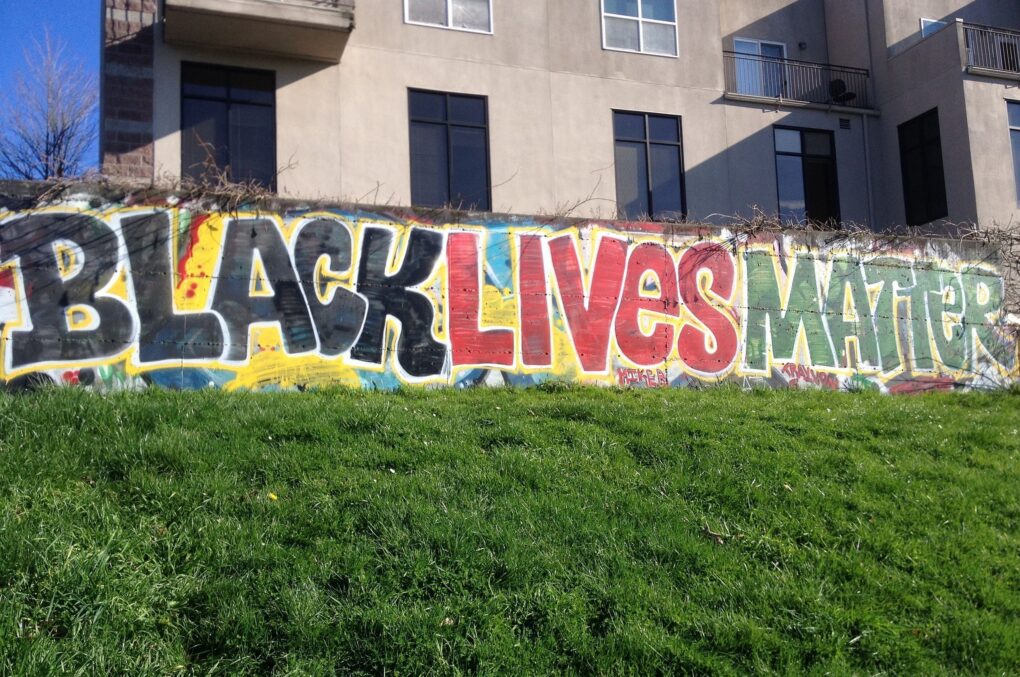It is the problem of police violence that has been the cause of the riots of the last few years. In 2001 in Cincinnati, authorities were forced to declare a curfew – riots began when a black 19-year-old delinquent, Timothy Jones, was shot and killed by white police officers. Sixty people were injured in the riots.
From August to December 2014, there were riots in various U.S. cities because of events in Ferguson, Missouri. The cause was similar: police officers killed 18-year-old Marcus Brown while trying to arrest him.
In 2016, the National Guard had to be introduced in North Carolina, after police killed black man Keith Scott. He allegedly got out of a car with a gun in his hands, his relatives insisted it was a book.
On May 25, 2020, in Minneapolis, police officer Derek Chauvin choked George Floyd with his foot for nearly nine minutes. He died. The previously convicted Floyd was suspected of trying to pay at a store with a counterfeit bill. Demonstrations and riots over this continue even now. They have reached far beyond the borders of the United States.
The protests enjoy unprecedented support in the United States and in the rest of the world. In several American cities, police officers got down on one knee to show their solidarity with the protesters. At the same time, all of the rallies were attended by members of different ethnic communities.
The Black Lives Matter hashtag was supported by politicians, showbiz stars and representatives of big sports. English Premier League footballers play with this hashtag on their backs instead of their names. All in all, the killing of George Floyd has taken the equality debate to a whole new level, it has become a major political challenge for today’s youth-all for the first time.
American liberals fully supported the protests because, for them, it is also a speech against Donald Trump
But what is certain is that the presidency of Barack Obama did not go away for black people, a lot of people were proud of him. And after Obama came Trump, who makes no secret of his racial prejudices and stereotypes. The contrast is serious.
The hatred of the liberal-progressive white Americans I know for Trump is unbounded, it is off the charts. Their reaction to any problem is: Let’s get rid of Trump first, and then we’ll figure out how to solve it.
People with these beliefs have supported the Black Lives Matter movement by leaps and bounds. And overall, it is the largest involvement of the white educated population in the struggle for black rights. Combined with the scale of the Black Lives Matter movement itself, this is a powerful synergy.
The masses of people of all beliefs, the middle class, are hoping that this movement will help bring down Trump. As an analyst of contemporary American politics, I don’t think so, but I also understand why they believe so strongly in it: events on this scale simply haven’t happened.
Any big popular movement is joined by dashing people. Ghetto people, urban gangs, not just housewives and students go to protest. They compensate for their anger by looting white neighborhoods. After all, looting is immediate compensation for their rage. An educated person, wanting to protest, writes an angry blog or goes to a demonstration; an uneducated person takes a rock.
We can say that the polarization of society is intensifying. Two camps have formed that cannot hear each other, a split is going on among acquaintances and their families.
There will be a culture war raging, a movement has already begun and will continue that says: our ancestors were racists and now we repent. There will be attempts to give blacks new preferences in education and culture.
But this is in the short run, and in the long run: social inequality in America is at its highest point since the beginning of the twentieth century. Added to this is the crisis: just as the economy began to recover from a long recession, the coronavirus has set it back. There is every likelihood that black rights activism will turn into a protest by the poor against the super-rich.

